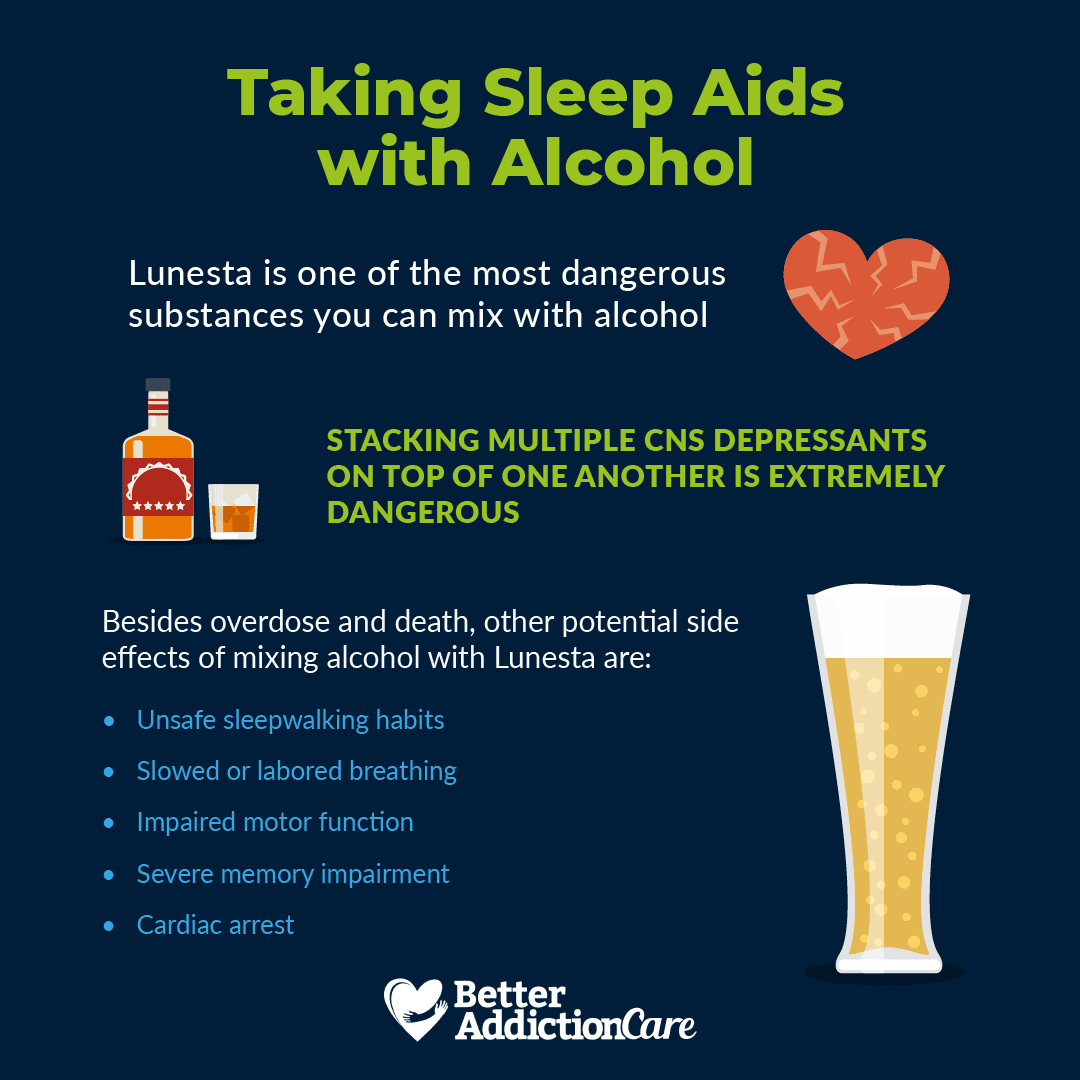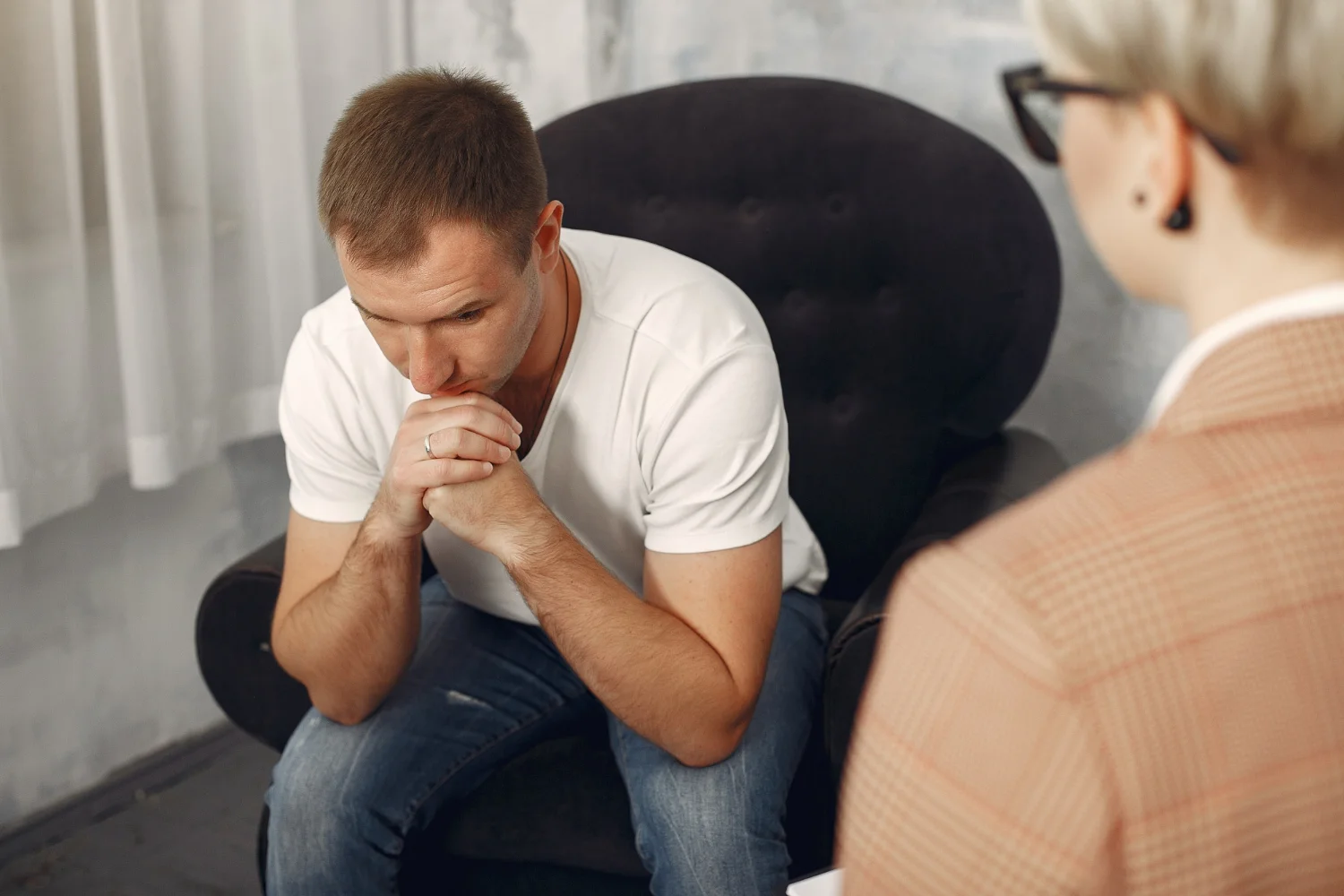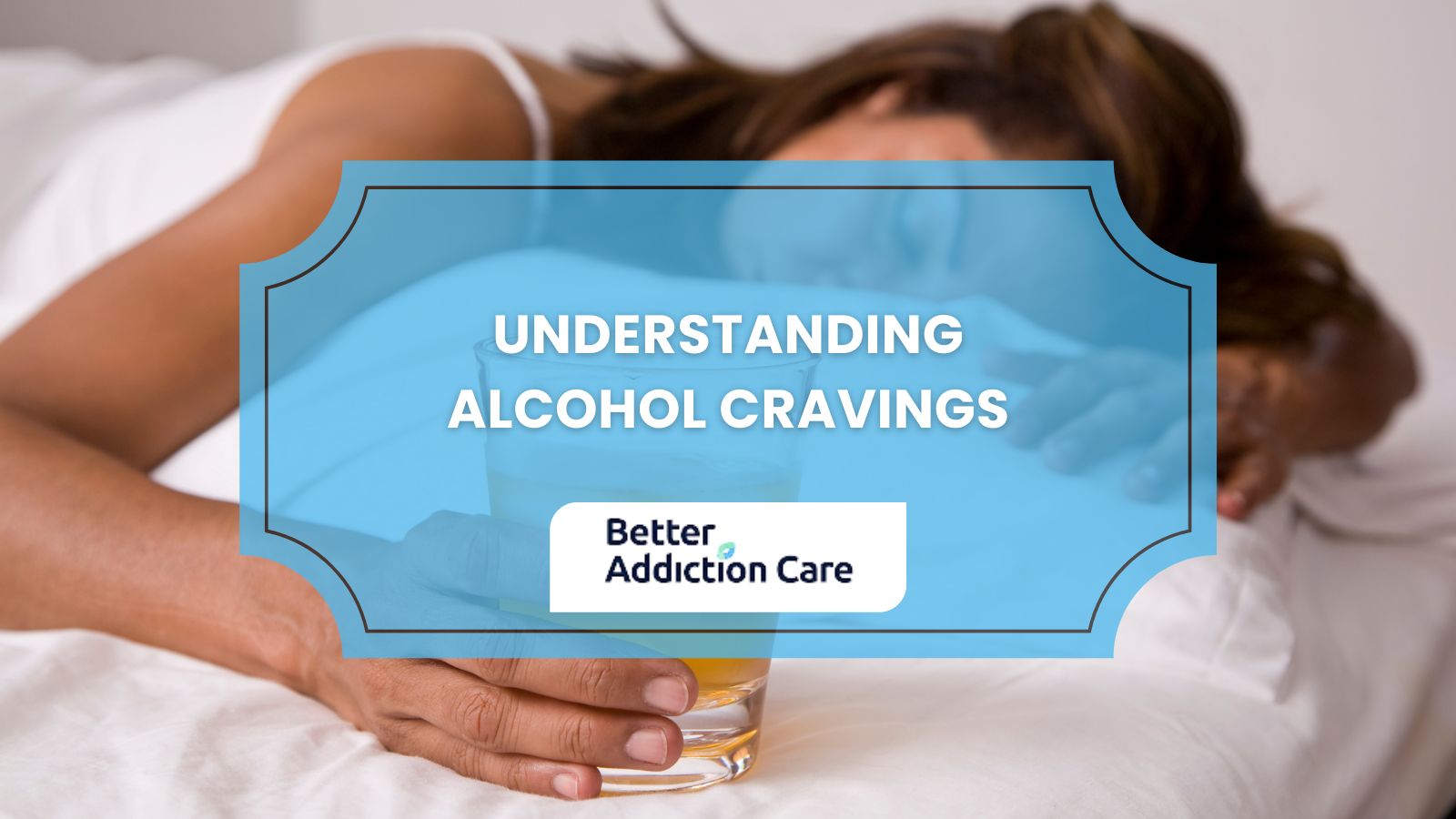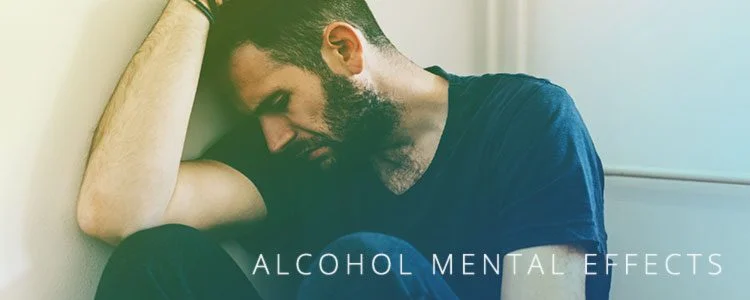Mixing Lunesta and Alcohol: Definition, Impact, Risk, and Path to Rehabilitation
Mixing Lunesta and alcohol is highly dangerous because it intensifies central nervous system depression, increases mental instability, and significantly raises the risk of fatal overdose.
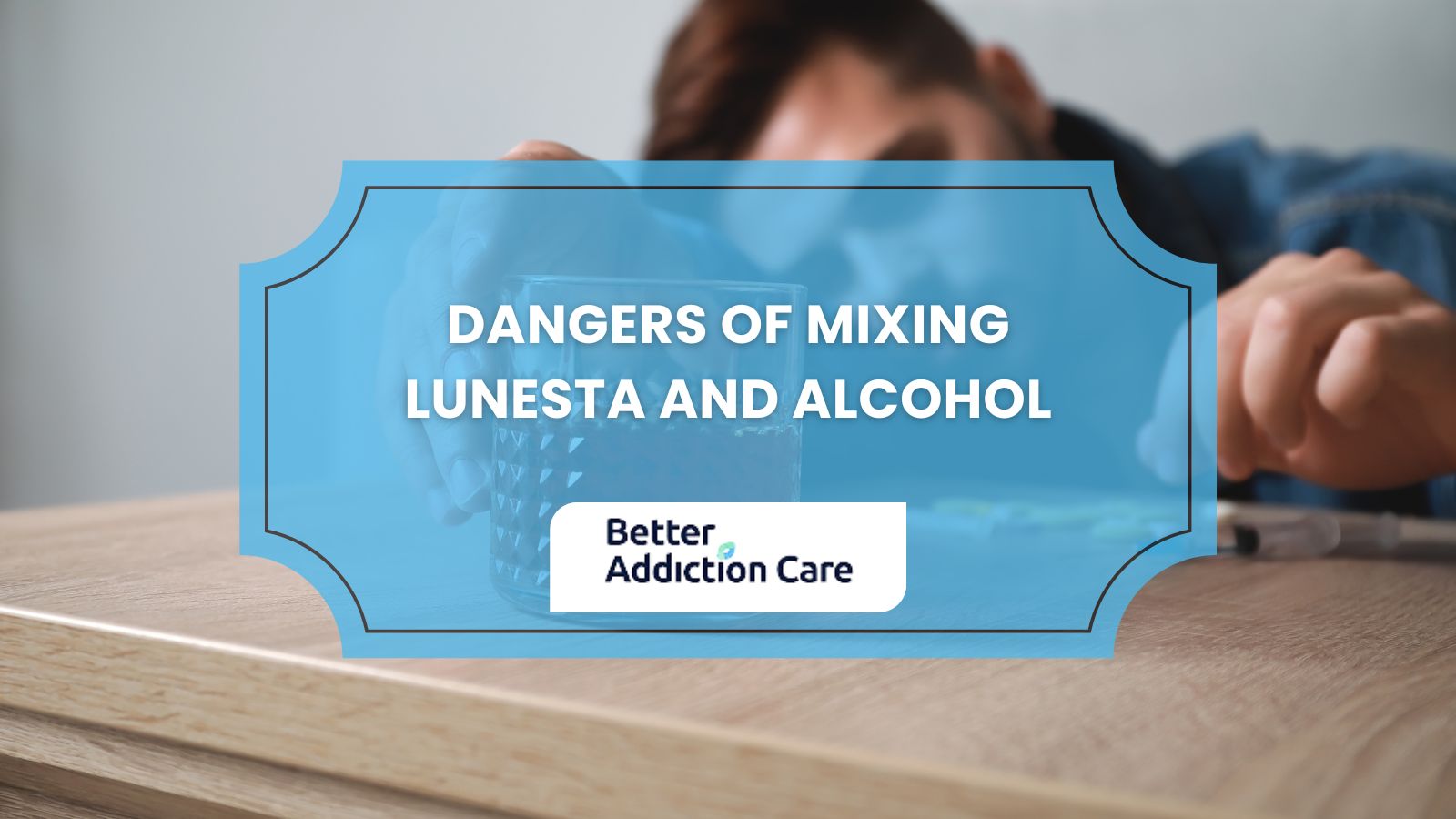
Mixing Lunesta and alcohol is highly dangerous because it intensifies central nervous system depression, increases mental instability, and significantly raises the risk of fatal overdose.
Mixing Lunesta (eszopiclone) and alcohol creates a dangerous combination that significantly impacts the central nervous system. Both substances function as CNS depressants, slowing brain activity, and when taken together, their effects amplify rather than simply add together.
Intensified sedation occurs because both substances independently cause drowsiness, resulting in extreme sleepiness and inability to stay awake. This contributes directly to respiratory depression, where breathing becomes shallow or slow, leading to respiratory arrest, coma, or death in severe cases.
This combination's cognitive impairment severely affects judgment, decision-making ability, and reaction time. As coordination and motor skills become significantly compromised, this directly increases accident risk.
According to SAMHSA, one-fifth of those who misused sleeping pills also struggled with alcoholism, highlighting the substantial dependency risk. The combination worsens Lunesta's standard side effects like headaches, dizziness, and dry mouth.
Overdose risk exists because the body fails to process both substances effectively when taken together. Emergencies develop rapidly, which explains why numerous emergency room visits related to prescription sleep medications involve concurrent alcohol use.
This combination reduces the therapeutic effectiveness of Lunesta while increasing dangerous complex behaviors like driving or other activities while not fully conscious.
Patients prescribed Lunesta must avoid alcohol completely as directed by healthcare providers to prevent these serious outcomes.
What is Lunesta?
Lunesta is a prescription drug used to treat insomnia. This medicine is a sedative-hypnotic that aids in the regulation of brain chemicals for people who have difficulty sleeping.
Lunesta improves sleep quality by helping people fall asleep faster and remain asleep longer. It is typically given for brief periods to prevent the danger of dependency and other negative consequences associated with long-term use.
What is The Impact of Taking Alcohol and Lunesta Together?
The impact of taking alcohol and Lunesta together is increased sedation, heightened risk of respiratory depression, impaired cognitive function, greater likelihood of accidents and injuries, potential for severe confusion, exacerbation of side effects, increased risk of dependency and addiction, complications in treatment and recovery, and a risk of overdose.
According to Filbey, W. A.’s 2014 study, ‘Eszopiclone and Dexmedetomidine Depress Ventilation in Obese Rats with Features of Metabolic Syndrome’, eszopiclone causes significant respiratory depression by decreasing tidal volume by 12% in both rat groups, reducing minute ventilation more severely in obese rats (-26.3%) than lean rats (-18%), and decreasing inspiratory flow rate by 18% in obese rats, with the higher 10 mg/kg dose producing more pronounced effects, demonstrating that obesity significantly exacerbates the drug's respiratory depressant properties.
The table shows the common impacts of taking alcohol and Lunesta together.
|
Category |
Lunesta Side Effects |
Alcohol Side Effects |
Synergistic Effects |
|
Common Effects |
Drowsiness and Dizziness |
Drowsiness and Dizziness |
Enhanced sedation and dizziness |
|
|
Headache |
Headache the day after drinking |
Headache chances exacerbated |
|
|
Unpleasant Taste |
- |
- |
|
|
Dry Mouth |
Dehydration for inactivation of antidiuretic hormone |
Increases chances of having dry mucosas |
|
Cognitive Effects |
Memory Problems |
Memory Impairment |
Severe memory loss and blackouts |
|
|
Behavioral Changes |
Behavioral Changes |
Increased aggression, mood swings, and depression |
|
|
Complex Sleep-Related Behaviors |
- |
- |
|
Severe Effects |
Allergic Reactions |
Allergic to wheat |
It is unlikely since people who are allergic to wheat usually avoid it |
|
|
Respiratory Depression |
Respiratory depression when heavily intoxicated |
Increased risk of respiratory depression, potentially leading to respiratory arrest, coma, or death |
|
Long-term Effects |
- |
Liver Damage |
- |
|
|
Addiction and Dependency |
Addiction and Dependency |
Increased risk of developing substance use disorders |
Taking Lunesta with alcohol heightens the risk of dependency and addiction. The combination of two substances with addictive potential significantly increases the risk of substance use disorder. Quitting or reducing the use of both substances simultaneously complicates treatment and recovery efforts. Medical professionals advise against mixing Lunesta with alcohol to prevent serious health risks.
What Are the Risks of Combining Sleeping-Pill Addiction and Alcohol With Lunesta?
The risks of combining sleeping-pill addiction and alcohol with Lunesta include amplified central nervous system depression, memory blackouts, impaired coordination, increased overdose risk, and the potential for polysubstance dependence. Because both Lunesta (eszopiclone) and alcohol enhance GABAergic suppression in the brain, their combined effects intensify sedation, dizziness, confusion, and cognitive impairment beyond what either substance causes alone. Long-term misuse raises the likelihood of dependence, frequent blackouts, and life-threatening respiratory depression or overdose.
How Does Mixing Lunesta and Alcohol Cause Dangerous CNS Depression?
Mixing Lunesta and alcohol causes dangerous central nervous system (CNS) depression by amplifying their sedative effects, leading to slowed breathing, impaired motor function, and potentially fatal respiratory failure. Lunesta (eszopiclone) is a prescription sleep aid that works by enhancing GABA activity in the brain, promoting relaxation and drowsiness.
Alcohol also enhances GABA’s inhibitory effects while reducing excitatory neurotransmitter activity, creating a compounded sedative impact. In the broader context of substance interactions, this combination not only increases the risk of blackouts, accidents, and memory loss but also poses life-threatening dangers such as overdose and coma, especially when taken in high doses or without medical supervision.
Can Lunesta and Alcohol Together Trigger Sudden Mental Instability?
Yes, Lunesta and alcohol together can trigger sudden mental instability by severely disrupting brain function, mood regulation, and judgment. Lunesta, a sedative-hypnotic prescribed for insomnia, already carries risks such as confusion, memory lapses, and mood swings, while alcohol independently lowers inhibitions and impairs cognitive control.
Lunesta and alcohol effects escalate into acute psychological disturbances, including aggression, paranoia, hallucinations, or suicidal thoughts. In the broader context of addiction and co-occurring mental health issues, this interaction is particularly dangerous, as it heightens vulnerability to psychiatric crises and risky behaviors that can endanger both the individual and others.
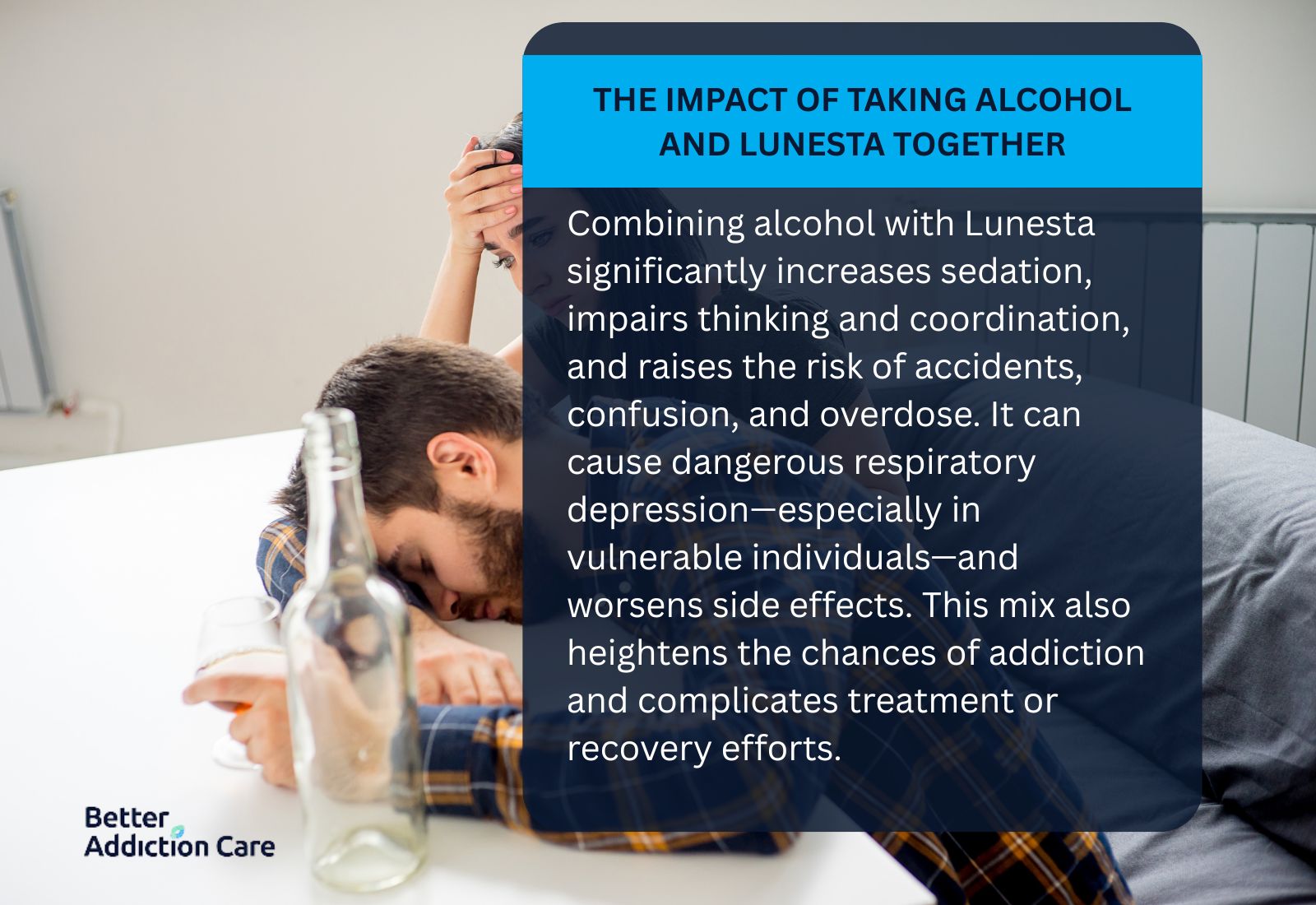
Is Mixing Lunesta And Alcohol Deadly?
Yes, mixing Lunesta and alcohol is deadly. When combined, these substances act as central nervous system depressants, mutually enhancing their effects and dangerously inhibiting brain activity and respiratory function. This dangerous interaction leads to severe drowsiness, significant cognitive and motor impairment, and potentially fatal respiratory depression.
According to Brielmaier B. D.’s 2006 study, ‘Eszopiclone (Lunesta): a new nonbenzodiazepine hypnotic agent,' combining Eszopiclone (Lunesta) with alcohol significantly increases the risk of central nervous system depression. This interaction causes enhanced sedation, impaired motor coordination, cognitive impairment, and respiratory depression. Patients taking Eszopiclone should completely avoid alcohol consumption to prevent potentially dangerous adverse effects, including memory impairment, confusion, and, in severe cases, loss of consciousness.
People with pre-existing health conditions or those taking higher doses of either substance face elevated risks. According to Pennington, J. G.’s 2016 study, ‘Eszopiclone-induced Parasomnia with Suicide Attempt: A Case Report, ’ a 48-year-old man experienced eszopiclone-induced parasomnia involving paranoia and a suicide attempt after taking the medication for two nights for insomnia.
Medical professionals strongly caution against mixing Lunesta and alcohol due to these life-threatening risks. Patients prescribed Lunesta should strictly follow their doctor's instructions and completely avoid alcohol while taking this medication. If you or someone else experiences concerning symptoms after combining these substances, immediately seek emergency medical attention by calling 911.
What Are the Side Effects of Lunesta?
The side effects of Lunesta include drowsiness, headaches, unpleasant taste, and dry mouth.
Common side effects of Lunesta include drowsiness and dizziness, which reduce alertness and impair balance, affecting focus and coordination the next day. Headaches, mild to moderate, frequently occur, along with an unpleasant taste described as metallic or bitter during or after treatment. Dry mouth results from insufficient saliva production, leading to oral discomfort and potential dental issues over time.
Less common but serious side effects include memory problems, characterized by short-term memory loss and difficulty recalling information. Behavioral changes manifest as agitation, hallucinations, depression, and suicidal thoughts. Complex sleep-related behaviors involve performing activities like sleepwalking, driving, or eating while not fully awake.
Rare but severe side effects consist of allergic reactions, ranging from itchy eyes and nose to severe anaphylaxis. Respiratory depression occurs with significantly slowed breathing, especially when Lunesta combines with other central nervous system depressants, including alcohol.
The table shows the documented side effects of Lunesta, organized in a comprehensive table.
|
Frequency of Side Effects |
Side Effect |
Facts |
|
|
Common Side Effects |
Drowsiness and Dizziness |
- Can persist into the next day. - Can impair daytime activities and performance. |
|
|
Headache |
Mild to moderate headaches. |
||
|
Unpleasant Taste |
Users often experience a metallic or bitter taste in the mouth. |
||
|
Dry Mouth |
- Causes discomfort. - Can potentially cause dental issues over time. |
||
|
Less Common but Serious Effects |
Memory Problems |
Short-term memory loss. |
|
|
Behavioral Changes |
- Agitation. - Hallucinations. - Increased risk of depression. - Increased suicidal thoughts. |
||
|
Complex Sleep-Related Behaviors |
Activities like sleepwalking, driving, eating, or making phone calls while not fully awake. |
||
|
Rare but Severe Effects |
Allergic Reactions |
Symptoms could go from minor allergic reactions like itchy eyes and nose to major allergic reactions like anaphylaxis. Respiratory Depression |
|
|
Respiratory Depression |
The risk is increased when combined with other central nervous system depressants, including alcohol. |
||
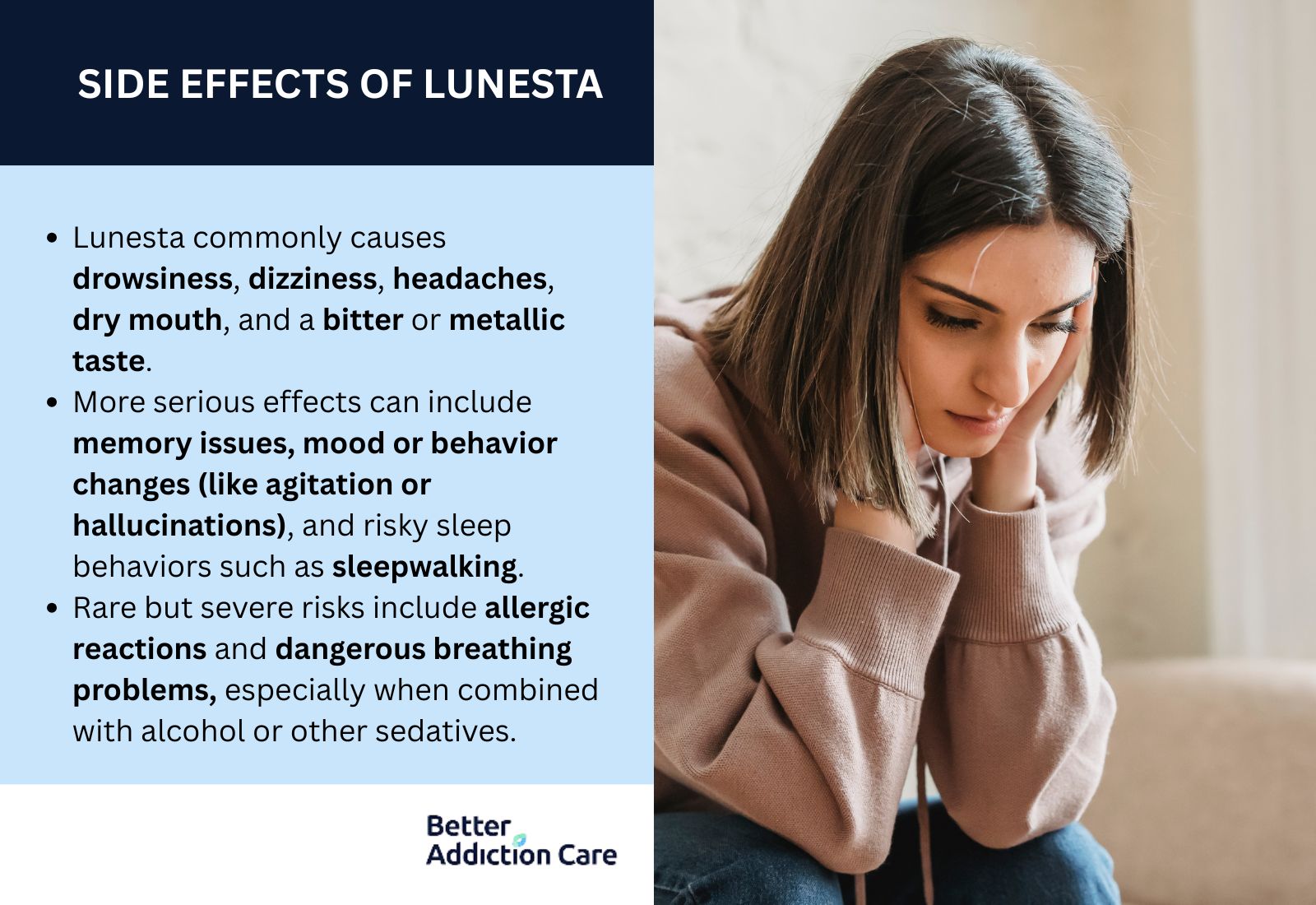
How Does the Mechanism of Sleeping-Pill Addiction and Alcohol, With Lunesta, Increase Danger?
The mechanism of danger arises from the additive suppression of GABA-mediated central nervous system activity, which leads to disproportionate respiratory and neurological depression. Since both alcohol and Lunesta act on the same inhibitory pathways in the brain, their combination produces a synergistic sedative effect that can cause unconsciousness, slowed breathing, coma, or fatal overdose.
How Can I Locate Local Rehab Facilities That Specialize In Treating The Effects Of Lunesta And Alcohol?
You can locate local rehab facilities by conducting targeted searches for treatment centers that specialize in Lunesta and alcohol addiction. Start by using online directories specific to addiction treatment, where you'll find facilities filtered by specialty and location. Contact your insurance provider to get a list of in-network facilities that cover dual-substance treatment. Reach out to addiction helplines that offer free referral services based on your specific needs for Lunesta and alcohol dependency.
Our nationwide network of local rehab facilities includes centers specifically equipped to address the complex challenges of polysubstance abuse involving prescription sleep medications and alcohol. These specialized treatment centers employ medical professionals trained in managing the withdrawal symptoms from both substances, which requires careful monitoring due to potentially dangerous interactions.
At Better Addiction Care, we connect you with treatment centers offering customized programs for Lunesta and alcohol addiction through our 24/7 helpline. The admissions specialists evaluate your specific situation and match you with appropriate facilities that provide comprehensive detoxification services and evidence-based therapies addressing both dependencies. Call (888) 766-0149 today to find specialized treatment options in your area.
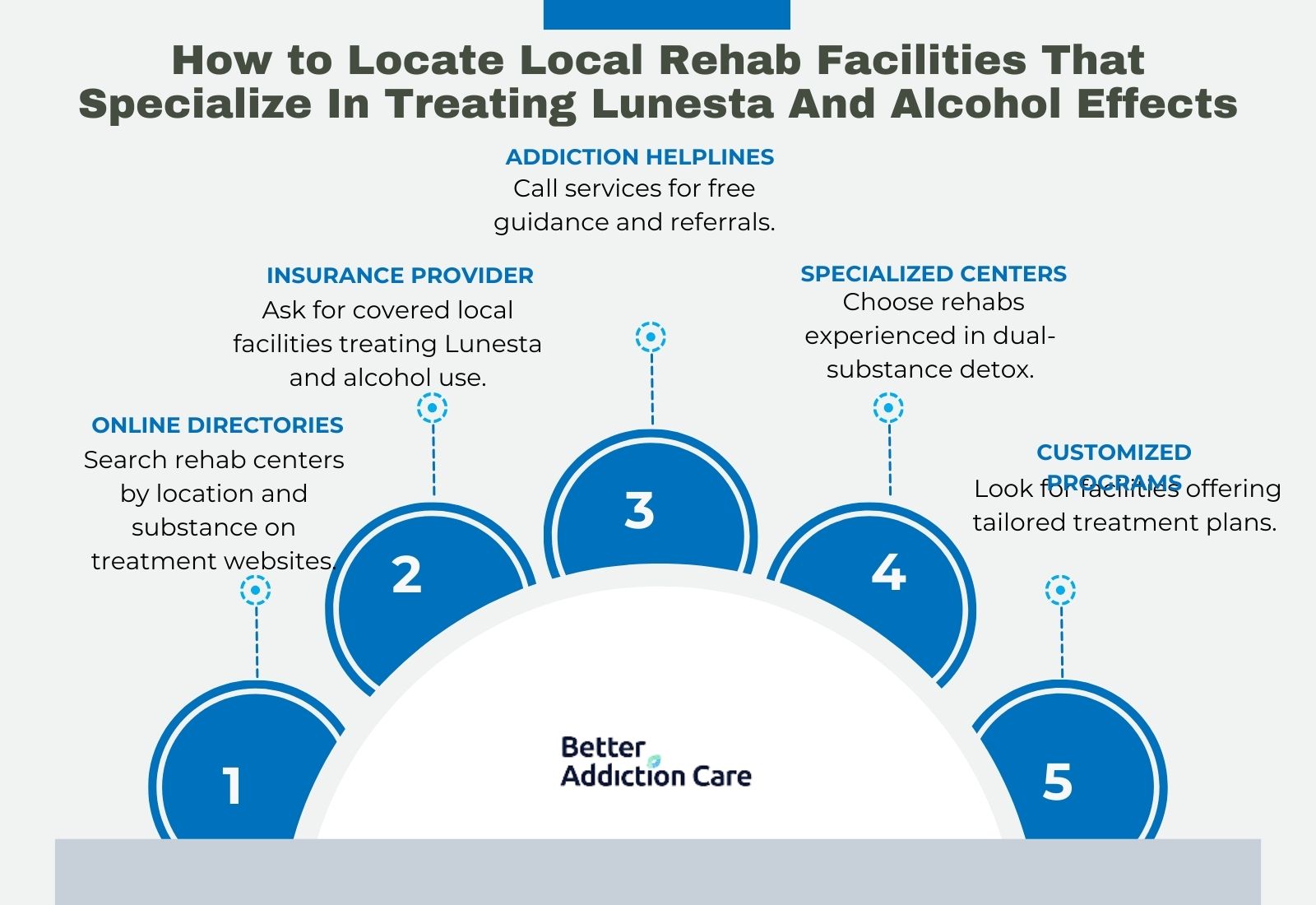
What Are the Recommended Precautions When Dealing With Sleeping-Pill Addiction and Alcohol Involving Lunesta?
Recommended precautions include strictly avoiding alcohol while taking Lunesta, using the medication only as prescribed, and seeking professional support if polysubstance use is present. Avoiding alcohol prevents compounded CNS depression, adherence to medical guidance lowers the risk of misuse or dependence, and professional treatment, such as supervised detox and counseling, is critical for individuals struggling with sleeping-pill and alcohol addiction.
What Other Interactions Does Lunesta Have?
Other interactions of Lunesta are central nervous system depressants, muscle relaxants, antibiotics, antipsychotics, antidepressants, grapefruit juice, and azole antifungals. When combined with CNS depressants like benzodiazepines or opioids, Lunesta increases sedation and raises the risk of respiratory depression significantly.
Muscle relaxants such as baclofen and carisoprodol intensify Lunesta's sedative effects. Various antibiotics, antipsychotics, and antidepressants interfere with Lunesta's metabolism in the body, causing increased side effects such as dizziness and prolonged drowsiness. Grapefruit juice and azole antifungal medications alter Lunesta's metabolism as well.
Patients need to disclose all medications, supplements, and herbal products they're taking to their healthcare provider before starting Lunesta. This comprehensive disclosure helps ensure safe usage and prevents potentially dangerous drug interactions.